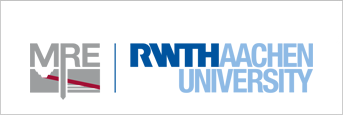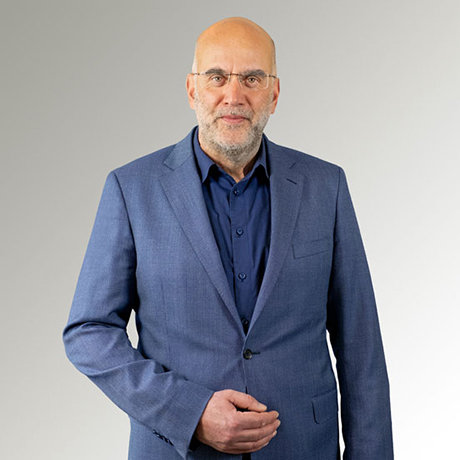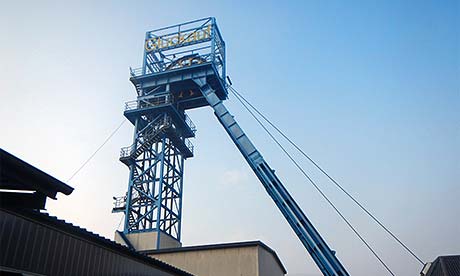Safe Mine
PhD Programme Health and Safety in Mining
Objective
Increased efforts concerning Mine Health and Safety (MHS) during the last decades have led to sharply decreasing fatality rates. Nevertheless, the industry is still burdened with a rate that is too high in comparison with other sectors. The past years have shown that bottom-up safety work has been less effective. The concept “Safety is as important as production” only has a lasting effect, if the top management represents and enforces this concept. Thus, a safety culture must be embedded in the higher education level and thereby in the minds of future members of the top management.
In this context, the SafeMine project is aiming to develop a holistic, timely and resilient PhD Programme in health and safety in mining. The project is expected to provide an impact on three levels:
- Train the next wave of qualified professionals who can lead the future of health and safety work in the European mining industry.
- Generate new scientific knowledge about safety and health in the mining industry through industrial-driven research conducted by PhD students.
- Foster European cooperation and improve the exchange of experiences and knowledge.
Solution
The SafeMine project is primarily based on a three-year plan starting in March 2018 with the goal to implement a successful PhD-Programme for subsequent years. After the first year of development involving an analysis of the current situation in mine health and safety, a PhD programme will be developed. In the second year, students will be recruited from all over Europe and internationally who will attend the courses and generate new scientific knowledge. Following, an evaluation of the programme will be conducted. In the case that the SafeMine project is evaluated as successful, further development aiming at long-term financial as well as scientific sustainability will be pursued. The cooperating universities are Clausthal University of Technology, Montan University Leoben, Lulea University of Technology and the RWTH University Aachen. Supported through a strong industrial involvement the results will help develop a curriculum for two courses that will be lectured at the four cooperating universities.
Work packages
The project is divided into six work packages (WPs):
- WP0: Project Management
- WP1: Stakeholder Analysis
- WP2: Set-up of the Management Structure
- WP3: Curriculum and Course Development
- WP4: Research Grants and Recruitment of PhD-Students
- WP5: Pilot-Implementation
The Institute of Mineral Resources Engineering leads WP 1 and further assists the other universities with their WPs.




